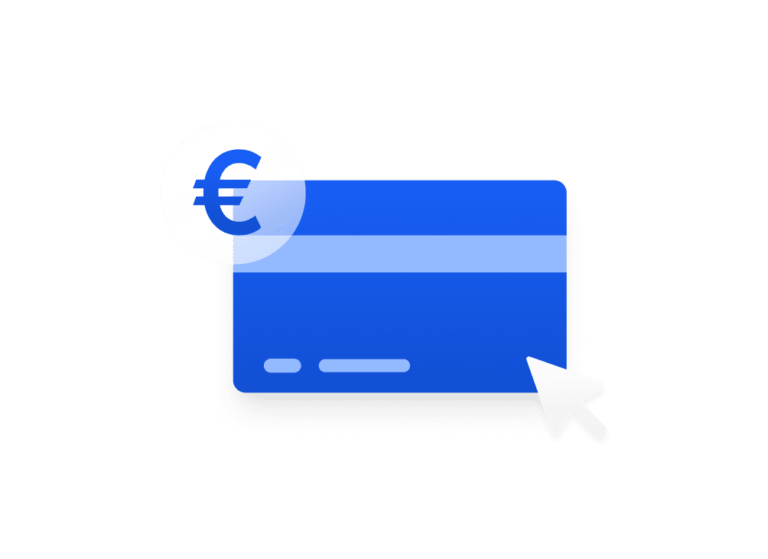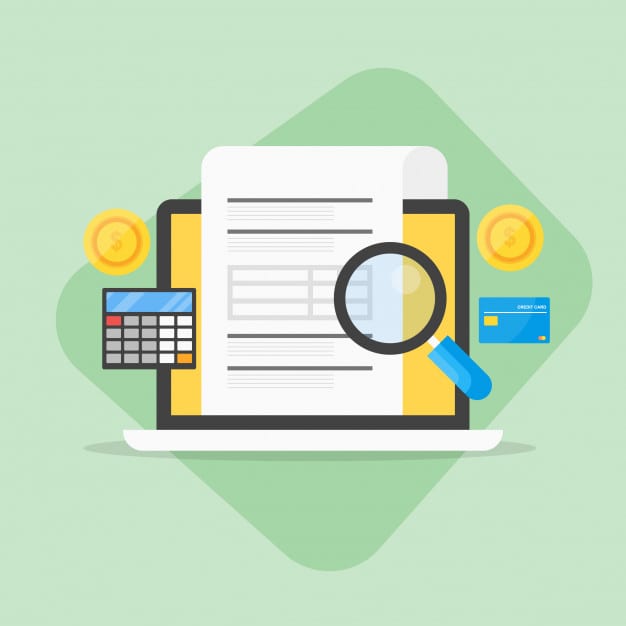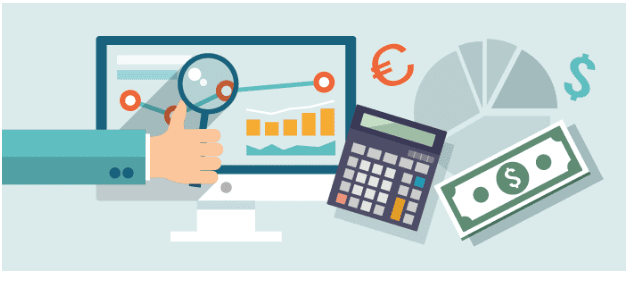e has been growing rapidly, we all know that, and it is predicted to carry on growing indefinitely, showing zero signs of slowing down. If you are wanting to start your own online business that sells a physical product, using the right eCommerce site or platform is crucial for overall success—with the right platform, you can easily capitalize on the explosive growth that online shopping has demonstrated recently.
Whilst it is true that you can hire a web developer or design agency to kick off your company’s site, these costs are often high—at least for an end-product that is in any way suitable—whereas using a reliable eCommerce platform such as Shopify, WooCommerce alongside WordPress, or PrestaShop can be your ticket to early success as well as saving you lots of time and money.
Opting for an eCommerce Platform? Things for You to Consider
The major problem when you have decided to use an eCommerce platform is deciding what one you should use. After all, there are several out there and they all have their pros and cons associated with them. Here are some things that you should consider:
1. Pricing models
This is the first thing that you need to consider: price. You need to know exactly how much you will be paying, when, and what you are getting for your money. Most platforms will have a monthly fee whereas others will require annual payments up-front or offer discounts for doing so. These costs can vary substantially depending on the platform being used, whether you are self-hosting it, and any processing fees that may be taken from payments you receive.
2. Mobile friendliness
Given that almost 75% of searches are performed from a mobile device, it is important that the platform you use is optimized for mobile use. If 75% of your visitors have a cumbersome and unreliable experience when visiting your site because it’s not optimized for mobile, you are going to lose a huge chunk of potential sales. You’ll be pleased to know that all the major platforms offer mobile optimized themes as standard, however.
3. Customer service
One of the key aspects of any business is the customer service that’s on offer, and you need to ensure that the platform you choose offers a reliable service to its customers, one of whom is you. Downtimes and software outages will be out of your control when using a platform, however, they are still damaging to your business. When this happens, all the customers see is that your site is down… they don’t understand that it is out of your control. Check what customer support is like, if they have a decent knowledgebase, and how many support levels are available, and when.
4. Safety and security
Your customers don’t want to be giving their personal and financial information to a sketchy website. Security is one of the biggest concerns with consumers who are becoming more switched on and aware when shopping online. You should check that a platform you are considering uses HTTPS/SSL on both your website and during checkout. This is the hallmark of online security and customers themselves look for it.
5. Whether you can scale up
Over time, your eCommerce business is going to grow, and you really don’t want to be stuck on a platform during a period of growth that can’t scale up alongside your needs. Choosing a platform that lets you start small and then purchase additional real estate and resources without charging you an arm and a leg for the privilege is what all new eCommerce businesses should be doing.
Choosing an eCommerce Platform Isn’t Difficult
By doing your research and understanding your needs, you can quite easily settle on a platform that is perfect for the type of business you are launching. There are a lot of eCommerce platforms out there, however, there are a few key players such as Shopify that stand out from the rest.
That’s not to say you need to use the same platform that everybody else is, though. It is important to choose one that fits your business model, just make sure that the basics such as scalability and security are there before you dive in.











